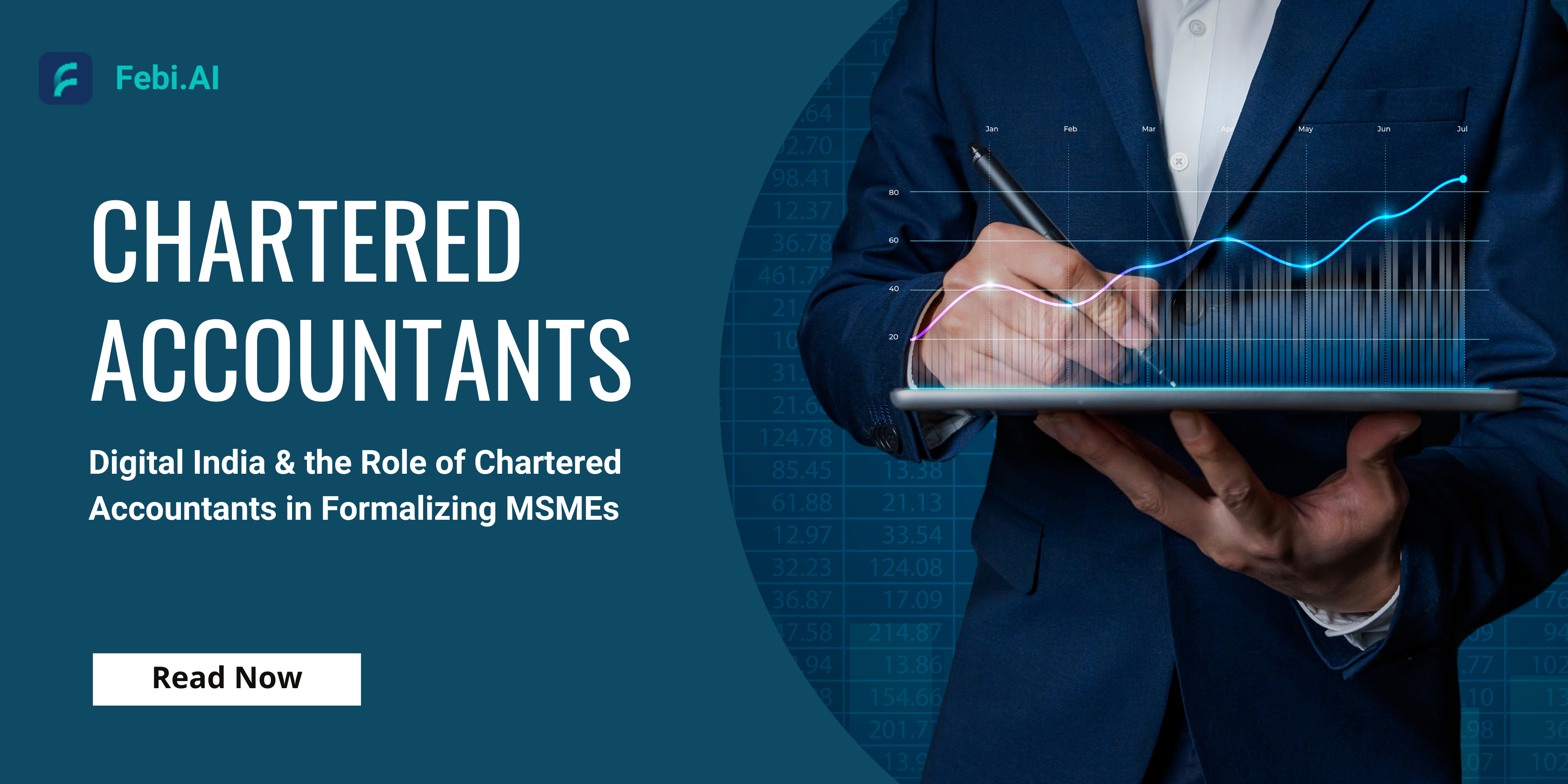How Cloud Accounting Software Provides Real-Time Financial Insights

Strong 8k brings an ultra-HD IPTV experience to your living room and your pocket.
The Evolution of Financial Management
Real-Time Financial Visibility
One of the most significant advantages of cloud accounting software is its ability to provide immediate visibility into an organization's financial health. As transactions occur, they are automatically recorded and reflected in the system, giving stakeholders instant access to:
- Financial statements that update automatically with each transaction
- Cash flow projections based on current data and historical patterns
- Real-time profit and loss statements
- Up-to-date balance sheets
- Accurate accounts receivable and payable status
This immediate access to financial information enables businesses to monitor their performance continuously and make adjustments as needed, rather than waiting for month-end or quarterly reports.
Automated Data Processing and Integration
Cloud accounting software automatically processes and categorizes financial data through integrations with various business systems and financial institutions. Bank feeds, credit card transactions, and payment gateway data flow directly into the accounting system, eliminating manual data entry and reducing errors. This automation ensures that financial records are always current and accurate, providing reliable insights for decision-making.
Advanced Analytics and Reporting
Modern cloud accounting platforms leverage sophisticated analytics tools to transform raw financial data into actionable insights. These systems offer:
- Customizable dashboards that display key performance indicators
- Trend analysis and forecasting capabilities
- Budget versus actual comparisons in real-time
- Detailed financial reports that can be generated instantly
- Interactive data visualization tools
These features enable businesses to identify trends, spot anomalies, and make data-driven decisions with confidence.
Enhanced Collaboration and Accessibility
Cloud-based systems facilitate seamless collaboration between team members, accountants, and financial advisors. Multiple users can access the same up-to-date information simultaneously from anywhere with an internet connection. This accessibility promotes better communication and faster decision-making processes, as stakeholders can review and analyze financial data in real-time, regardless of their location.
Cash Flow Management and Forecasting
Real-time insights into cash flow patterns enable businesses to better manage their working capital. Cloud accounting software provides:
- Immediate visibility into current cash positions
- Automated cash flow forecasting based on historical data and upcoming transactions
- Early warning signals for potential cash flow issues
- Tools for scenario planning and what-if analysis
These capabilities help businesses maintain healthy cash flow and avoid potential financial difficulties before they become critical.
Compliance and Audit Readiness
Cloud accounting software maintains a complete audit trail of all financial transactions and automatically updates to comply with changing regulations. This ensures that businesses are always prepared for audits and can easily demonstrate compliance with financial regulations. Real-time monitoring of financial activities also helps identify and address potential compliance issues promptly.
Cost Efficiency and Scalability
Implementing cloud accounting software often proves more cost-effective than maintaining traditional accounting systems. Benefits include:
- Reduced IT infrastructure costs
- Automatic software updates and maintenance
- Scalable solutions that grow with the business
- Elimination of manual data entry and associated labor costs
- Decreased risk of errors and their associated costs
Security and Data Protection
Modern cloud accounting platforms implement robust security measures to protect sensitive financial data. These include:
- Enterprise-grade encryption for data storage and transmission
- Regular automated backups
- Multi-factor authentication
- Role-based access controls
- Compliance with international security standards
The Future of Financial Management
As cloud accounting software continues to evolve, we can expect to see even more advanced features powered by artificial intelligence and machine learning. These technologies will further enhance the ability to provide predictive analytics, automate complex accounting processes, and deliver even more sophisticated financial insights.
Conclusion
Cloud accounting software has transformed financial management by providing real-time insights that enable better decision-making and improved financial control. The combination of automated data processing, advanced analytics, and accessible financial information has made it an essential tool for modern businesses. As technology continues to advance, the capabilities of cloud accounting software will only expand, further revolutionizing how organizations manage their finances and make strategic decisions.
Note: IndiBlogHub features both user-submitted and editorial content. We do not verify third-party contributions. Read our Disclaimer and Privacy Policyfor details.







